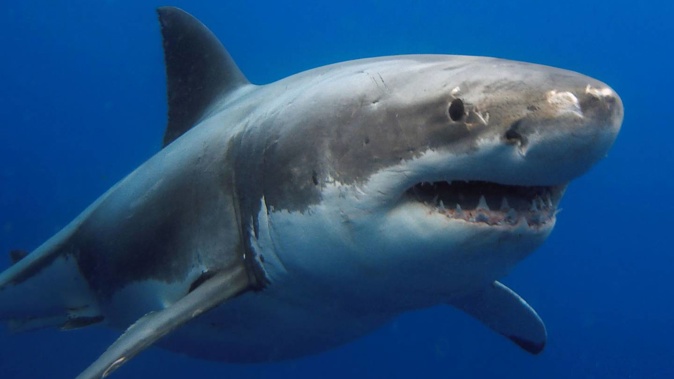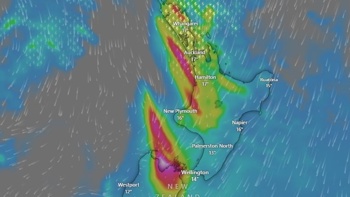
After three consecutive years of declines, the number of shark attacks around the world rose in 2021.
There were a total of 73 unprovoked incidents worldwide last year – and experts believe the lifting of Covid-19 restrictions may be a factor in the increase.
The data was published this week by the Florida Museum of Natural History's International Shark Attack File (ISAF).
It also listed 39 shark bites that were provoked and nine fatalities which occurred last year.
But it was the number of unprovoked incidents which proved the most interesting.
At 73, it was significantly higher than the 52 confirmed bites recorded in 2020. However, the 2021 figure aligns perfectly with the five-year global average of 72 annually.
While the exact cause of the numbers is unclear, ISAF manager Tyler Bowling attributes a portion of the drop in 2020 (which was the lowest number in a decade) to beach closures associated with Covid-19 restrictions.
"Shark bites dropped drastically in 2020 due to the pandemic. This past year was much more typical, with average bite numbers from an assortment of species and fatalities from white sharks, bull sharks and tiger sharks," Bowling said.
The number of nine unprovoked fatal encounters with sharks also remained high in 2021, with most taking place in the South Pacific. There were six confirmed deaths in Australia, New Caledonia and New Zealand, while single incidents occurred in South Africa, Brazil and the United States.
Great white sharks were characteristically the primary culprit for unprovoked fatalities.
While the IFAS investigates all reported shark bites, it emphasises those that were unprovoked – defined as incidents which occurred in the shark's natural habitat without human provocation. These help researchers understand the natural behaviour of the animals which can help in developing mitigation measures.
Numbers at a glance
The US continues to notch up the highest number of shark bites worldwide, with a total of 47 in 2021, representing 64 per cent of global cases. Of these, all but five took place along the Atlantic Seaboard.
As in previous years, Australia had the second-highest number of bites, with 12 total, representing a decrease from its five-year global average of 16 bites. Australia also had three fatalities, which, although down from last year's six, was still the highest count of any country in 2021.
Brazil and New Zealand each had three bites, while Canada, Ecuador and St Kitts and Nevis all followed with single incidents.
Shark bites resumed in South Africa in 2021 after zero reported incidents the year before. Three shark bites were reported for the country in 2021, one of which was fatal.
Despite the easing of Covid-19 travel and recreational restrictions, shark bite reporting remains spotty, as first responders and coroners continue to grapple with a high number of deaths due to the virus. As a result, the number of unconfirmed shark bites in 2021 was high for the second consecutive year, with 14 incidents still being investigated and one occurrence in which a designation could not be made.
Patterns in perspective
While last year saw an increase in shark bites and a high number of mortalities, both remain well within the long-term averages. As more people have flocked to warm beaches, encounters with sharks have become more common. Yet deaths, in the long run, are becoming less frequent.
"The overall decline in mortalities from shark bites is likely due to a combination of improved beach safety protocols around the world and a diminishment in the number of sharks of various species in coastal waters," said Gavin Naylor, director of the Florida Museum's shark research programme.
"The spike in 2020 and 2021 is almost certainly because of the expanding numbers of white sharks, which have been increasing in various localities, likely in response to a boom in the seal populations they feed on."
The majority of individuals (51 per cent) bitten by sharks were surfers or boarders, who spend a significant amount of time on the water, in and around surf zones.
This thin strip of water, where inbound waves that may have travelled for hundreds of kilometres finally snag on the rising coastal sea floor and topple over, creates the perfect environment for surfers and sharks alike.
Marine coasts and estuaries are a favourite feeding ground for a variety of fish, which take advantage of the tides to scope out new food and rummage near the shallow sea floor for plants and invertebrates. These smaller fish, in turn, attract sharks, which then sometimes mistake humans for prey.
Take your Radio, Podcasts and Music with you









